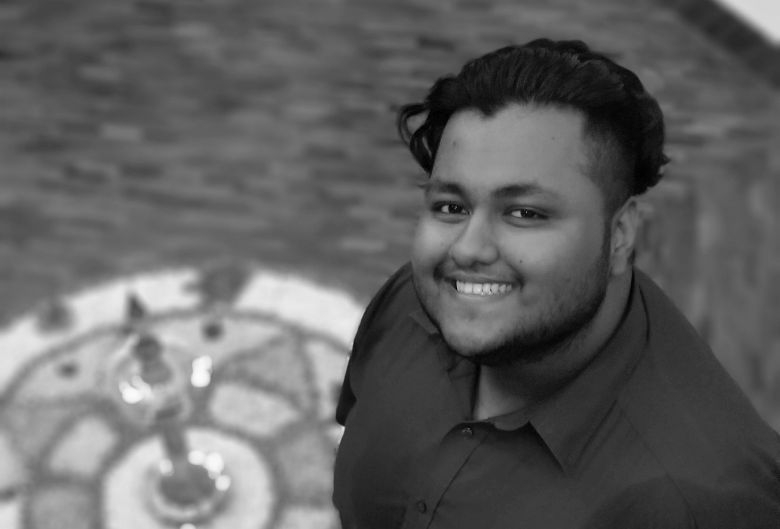It is okay to say that you are not okay!
By Anand Mathew – former kanthari volunteer
I hail from a small town called Kottayam in the state of Kerala, and we had been relatively fortunate to have missed the initial wave of the virus, with only three or four cases in our entire district. As Kottayam heaved a sigh of relief, counting ourselves lucky and already looking forward to the future, we were hit with a second wave just as restrictions on travel were lifted on the 23rd of April. Before we could blink, more people were confirmed as having the virus, and our luck had officially run out. Kottayam was slapped with the ‘red zone’ tag – indicating maximum restrictions for the people of the district – and the hopes of people came crashing down again.
If you have ever wanted something really badly and it was snatched away from you at the last possible second, you will understand how the people of Kottayam feel. To all of us who are frustrated by the lockdown and suffocated by quarantine, the freedom to move around and do something as simple as walk to the grocery store to pick up some food would be a blessing right now. Our travel plans and vacation dreams have all dissipated, and some of us are even separated from our loved ones during this time. Something I realized when faced with all this disappointment was the importance of admitting – both to others and to yourself – I AM NOT OKAY RIGHT NOW.
People, this is not a sign of weakness! This is not a failure to hold yourself together! I see this as an opportunity to own up to our feelings in this present situation, and to let the people around us know that we are not as “okay” as we might appear to be. The positive effect of this revelation is that this is the first step towards positive mental health during a crisis which we have never experienced before. If we just admit to one another, “Hey, I’m not doing very well at the moment”, we are opening the doors for people around us to understand us, which can definitely help the quality of any relationship. Your revelation might even help other people understand that it’s okay to share things with you, and that they can be honest with their feelings around you as well. When people genuinely take an effort to listen to and understand each other, it can really do wonders to improve the way you may be feeling.
Unfortunately, the frustration caused by this situation has led a lot of people to lash out indiscriminately. The targets of this anger are usually their families, other people who are just as frustrated as they are, and the people who have taken up the challenge of helping the common man through this crisis – our policemen, public health workers and other essential workers. Some bright individuals even intentionally defy the rules and regulations that were put in place to protect us all from this virus – simply because they are frustrated and need to find a release to their negative emotions in some way.
In studying the spread of the coronavirus, it has been found that one careless individual could potentially lead to the infection of thousands of people, if they are not following the safety regulations prescribed by the authorities. This is no mere theory, however; a preacher who attended a religious festival after a visit to Italy quarantined between 15000 and 40000 people after he and 19 of his relatives tested positive for COVID-19. However, we are capable of spreading more than viruses and bacteria. The way we behave with other people, whether it be the ones closest to us or complete strangers, can have a ripple effect that can also potentially infect thousands. One thoughtless comment or random outburst can carry through so many different people, who may then pass it on to someone else through an angry exchange of their own, and so on. In our current context, this is basically the emotional equivalent of sneezing and coughing without wearing a mask. Let us practice healthy interactions with the people around us, so that we can avoid becoming ‘super-spreaders’ of negative emotions and distress. Let us try to be a little more understanding, a little more forgiving, and a little more accepting of each other and ourselves, both during this quarantine and in the days that follow.


Very well written Anand.
Keep it up!
.geeve